
Fifty years after the publication of Gustavo Gutiérrez’s A Theology of Liberation, what, if any, relevance does Christian liberation theology and Gutiérrez’s work have for our present moment? Do we still have a memory of a liberating God? And if not, is there a liberative power in grappling with the absence of this memory?

Perhaps the tension between honest reading and creative liberatory “misinterpretation” should not be solved at all but rather retained as an unsettling force in our work.
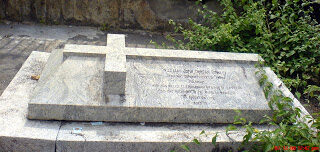
This article demonstrates how the living memories of Malabar rebellion evade the logic of the historical narrative. The native memory of the rebellion appears to have subverted the neatly drawn schemes such as ‘Hindu’ vs ‘Muslim’, ‘cruelty’ vs ‘compassion’, and ‘horror’ vs ‘fascination’ etc. that animate the logic of historical writing.

Taubes’s novel continuously asks how we distinguish—if we can—between dreams, life, and books. Who or what speaks to the one who dreams? To the reader of a novel? Are dreams and novels and other kinds of books various mediums through which the dead speak? Can we hold this to be true while still honoring the dead as dead?

This piece is from the Political Theology Network archives originally posted on March 17th 2016.
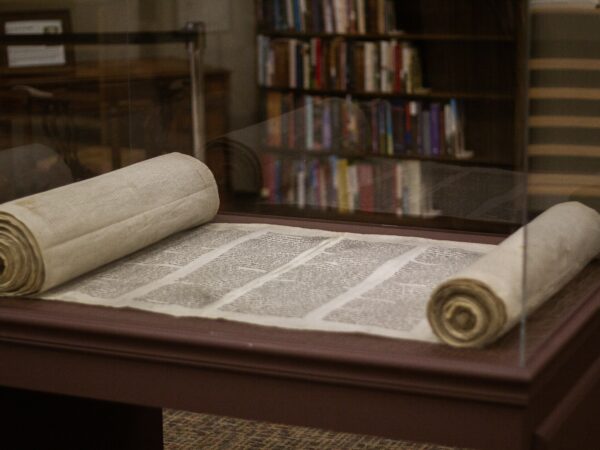
The promise of a new world, all memories of suffering erased, seems like a gift. But for
whom?

“‘I think that the ways that we move through time and space and objects move through time and space connects us…They can occasion a kind of connection.’ It is ‘our tender care’ for these objects, not merely their proximity to violent suffering, that transforms them into sacred objects.”

It is only in the memories of Jesus the fully human that we can find what I argue is the greatest power of the Passion for human lives held captive by the oppressive forces of Empire: the strength to face our crippling fear, stare the full oppressive might of the state in the face, and refuse to cede our full humanity – our joy, love, compassion, and hope – in service to the state’s liturgies of violence and fear.
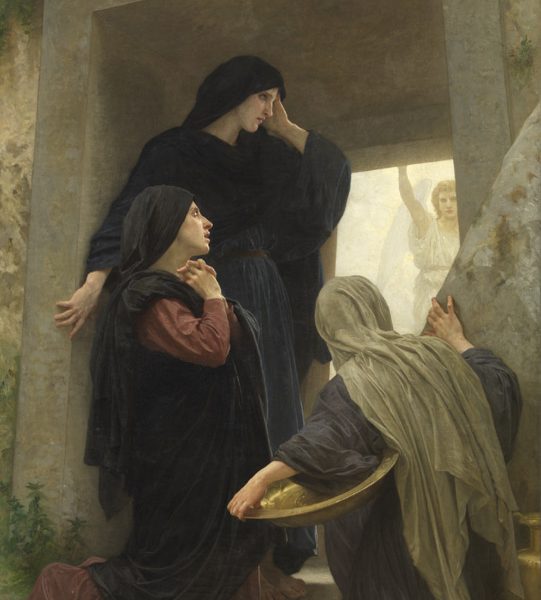
The story of the Resurrection of Jesus Christ is the foundational memory of Christianity. It is a story that not only tells of God’s power over death and the fragility of the empire’s power over life, but also demands that all perspectives be heard, in a grand cacophony of voices, all in common song, singing of the impossible mystery: Jesus is risen, indeed.
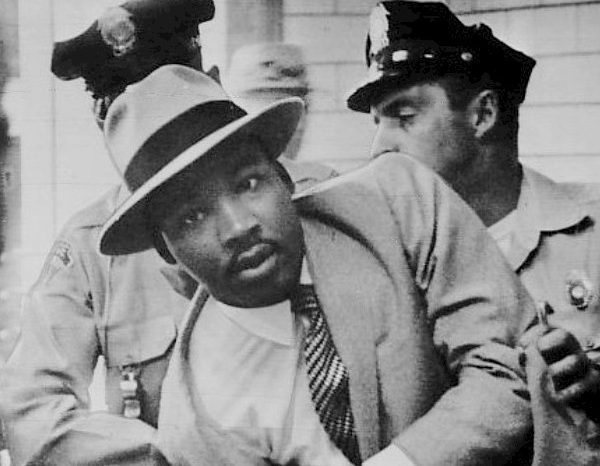
It is our critical memory that prompts us to ethical reflection on the anniversary of a grave injustice.
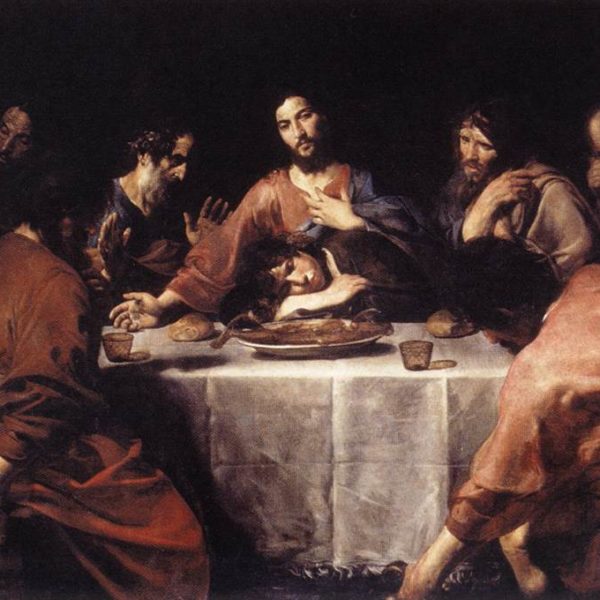
In maintaining a faithful Christian presence in the political realities of this age, few things are more important than living and acting in God’s good time, being people who find their life in the living memory of a sustaining past, who patiently wait in hope for a promised future, and who are kept in the present through faith in the daily mercies of One who is the same yesterday, today, and forever. Christ’s institution of a memorial helps us to do just this.